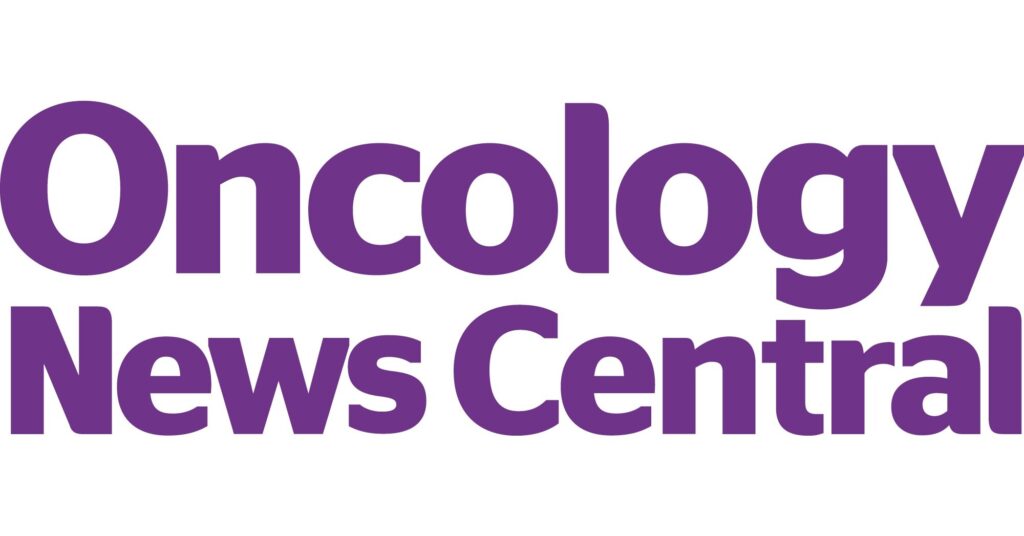The FDA has issued a Complete Response Letter rejecting Johnson & Johnson’s Biologics License Application for subcutaneous amivantamab plus recombinant human hyaluronidase in EGFR-mutated non-small cell lung cancer. The rejection stems from manufacturing facility inspection findings rather than concerns about the product’s formulation, efficacy, or safety. The application was supported by the PALOMA-3 trial data presented at ASCO 2024, which demonstrated noninferiority of subcutaneous versus intravenous administration.
Key Points:
- The FDA’s rejection does not affect current approvals for intravenous amivantamab, and Johnson & Johnson is actively working with the agency to address the manufacturing facility concerns.
- The phase 3 PALOMA-3 trial enrolled 418 patients with advanced NSCLC harboring EGFR, Ex19del, or L858R mutations who experienced disease progression after osimertinib and platinum-based chemotherapy treatment.
- The trial met its primary endpoints, demonstrating noninferiority in both trough concentration and area under the curve when comparing subcutaneous to intravenous administration.
- Patients receiving subcutaneous administration reported higher convenience levels compared to those receiving IV treatment, suggesting potential benefits in reducing chair time and healthcare system strain.
- Interim overall survival data showed a strong favorable trend for amivantamab compared to osimertinib, supporting its efficacy both as monotherapy and in combination with lazertinib.

“It [delivery method] could contribute to improvement in health equity because time also is an unequally distributed resource. It could reduce strain on healthcare providers and the healthcare system.”
– Jessica Lin, MD, Harvard Medical School
More on Lung Cancer

